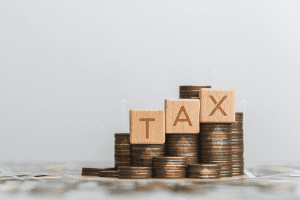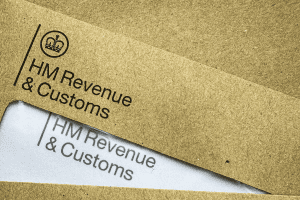Small businesses have enough on their plate trying to grow their business. Therefore, the lengthy process of doing their taxes can be a huge time sink and source of stress. A mistake or paying late can mean an even heftier bill or fine further down the line.
Thankfully, J Sweeney Accountants are here to help with some business tax tips to get you started.
The basics
One key thing to note is that the personal tax year runs from 6 April to 5 April the following year. Whereas business taxes are different, corporation tax is due 9 months and 1 day from your year end. The return is not due for 12 months, and VAT is due 1 month and 7 days after the end of the quarter. All these dates make things more complicated for small business owners.
Small business tax
Several kinds of business taxes exist:
Corporation tax
Corporation tax is a tax on the profits made by a business over the financial year. ‘Profits’ include trading profits from standard business activities, as well as selling assets and any income from investments.
Currently, the rate for corporation tax for small business is 19%. In this case, small businesses are defined as those with profits under £50,000. With rates now increasing for higher profits its never been more important to keep an eye on your profits.
VAT
VAT is a collection tax, it is charged and paid on most goods and services, usually a flat rate of 20% which is applied at the point of sale. As the business you collect the VAT on your sales and deduct the VAT on your purchases the difference is then paid over to HMRC.
You must be VAT-registered if you turn over more than £85,000 of VAT-able goods. You may want to register for VAT even if you turn over less than this, as registering allows you to reclaim any VAT you pay against the VAT that you charge.
Capital gains tax
This tax is applied when reselling an asset that has increased in value. The gain is what is taxed, not the amount of the sale itself. There is an additional tax-free allowance on capital gains of £6,000, or £3,000 for trusts. If you pay higher rate income tax, the rate is 28% on residential property and 20% for any other taxable assets.
However, if you pay basic rate income tax, then there are further calculations to be done. Capital gains are usually very complicated and require a separate return to be filed this is prime for your accountant to make sure you are efficient and compliant.
J Sweeney Accountants offer business tax services, helping to relieve the stress this can cause business owners and giving them peace of mind that their taxes are being paid correctly and on time. We can offer business tax advice and consultancy or fulfil the process from start to finish.
Contact us today on 01604 950034 or [email protected].




